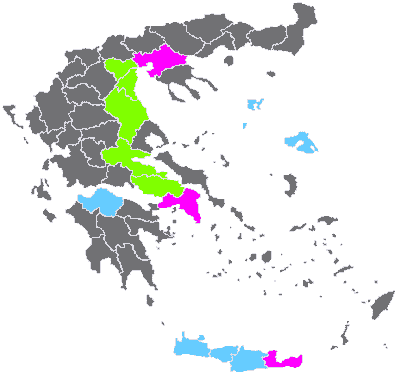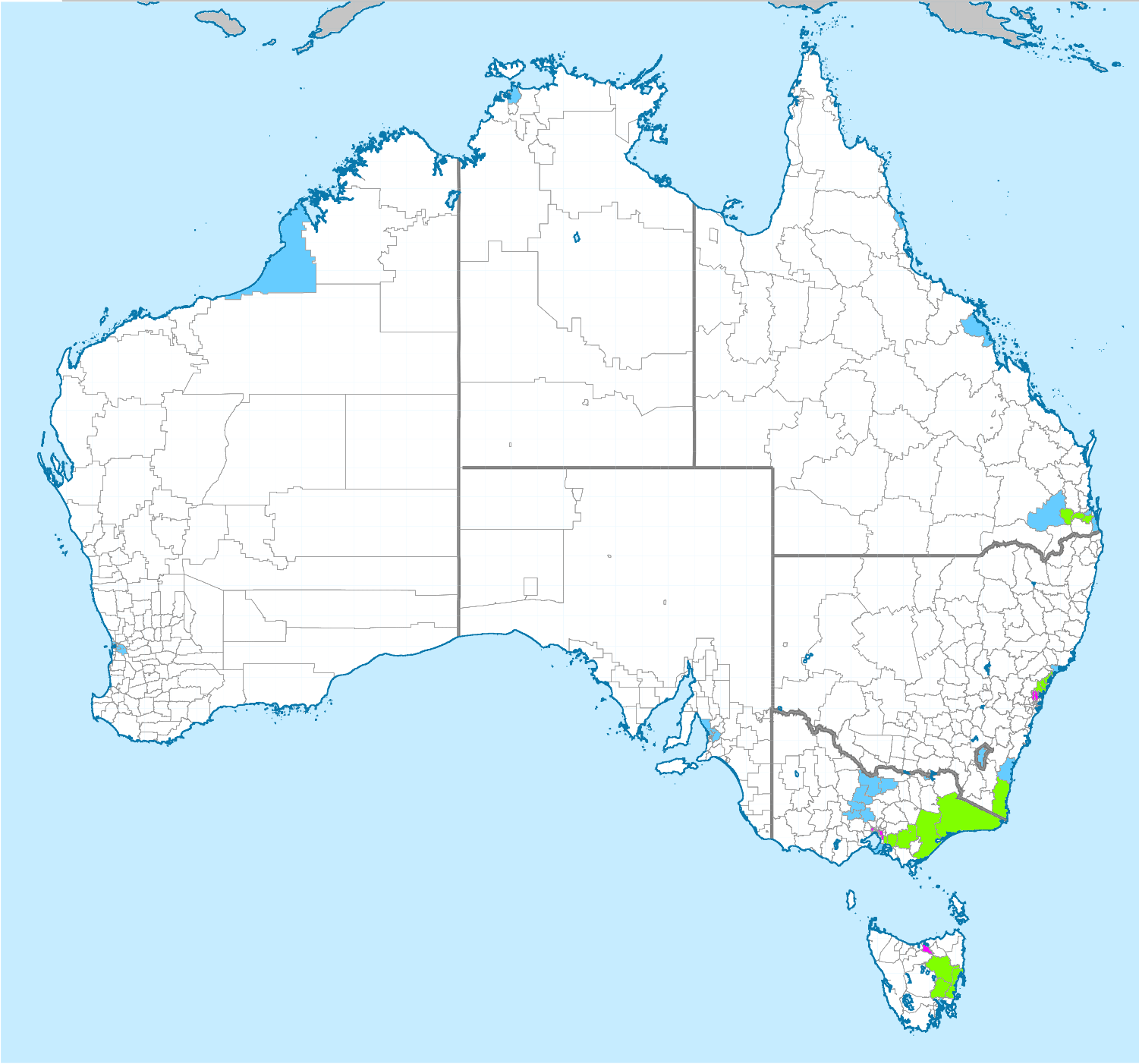Well, let’s generalise the question (though I don’t know Urdu well enough). This is not going to be a complete answer btw, and I’ll ask for help from others.
What is the difference between a preposition and a prefix, or a postposition and a suffix? That one is a word, and the second is part of a word. But how do you tell whether something is a word or not?
People assume that it’s obvious how, from written language. But that’s a convention. If your language is not written down, people will often get much more confused. I’ve seen that even with Tsakonian: people know how written Greek works fine, but they have difficulty extending those rules to such a deviant variant of Greek.
If a word has its own independent accent, then it’s not really different. In áfter áll, we can tell that after has its own accent.
But if the word is a clitic, an unaccented word, it’s much more difficult. There is a shade of grey between a clitic and an affix. How different do for every and forever sound? Often though, you can still put a word between the clitic and the host (main word), and that demonstrates that the clitic is still a separate word. For everybody > for almost everybody.
So there are syntactic and phonological tests you can apply, to determine whether something is truly an affix or a clitic, a case-ending or a postposition. But it can get subtle.
I am not across Urdu enough to say anything more, but this should keep you going until I find someone who does, Khateeb!



